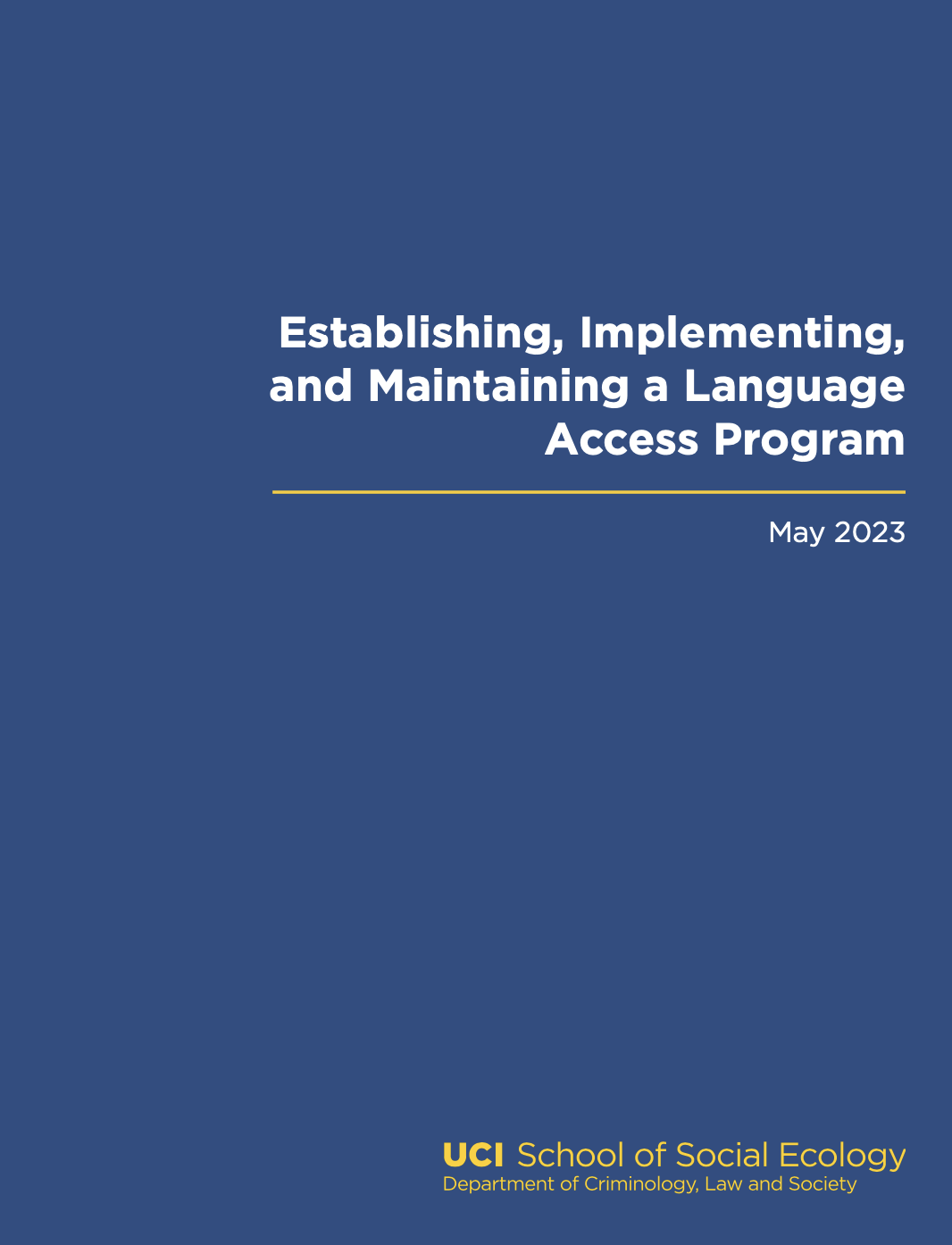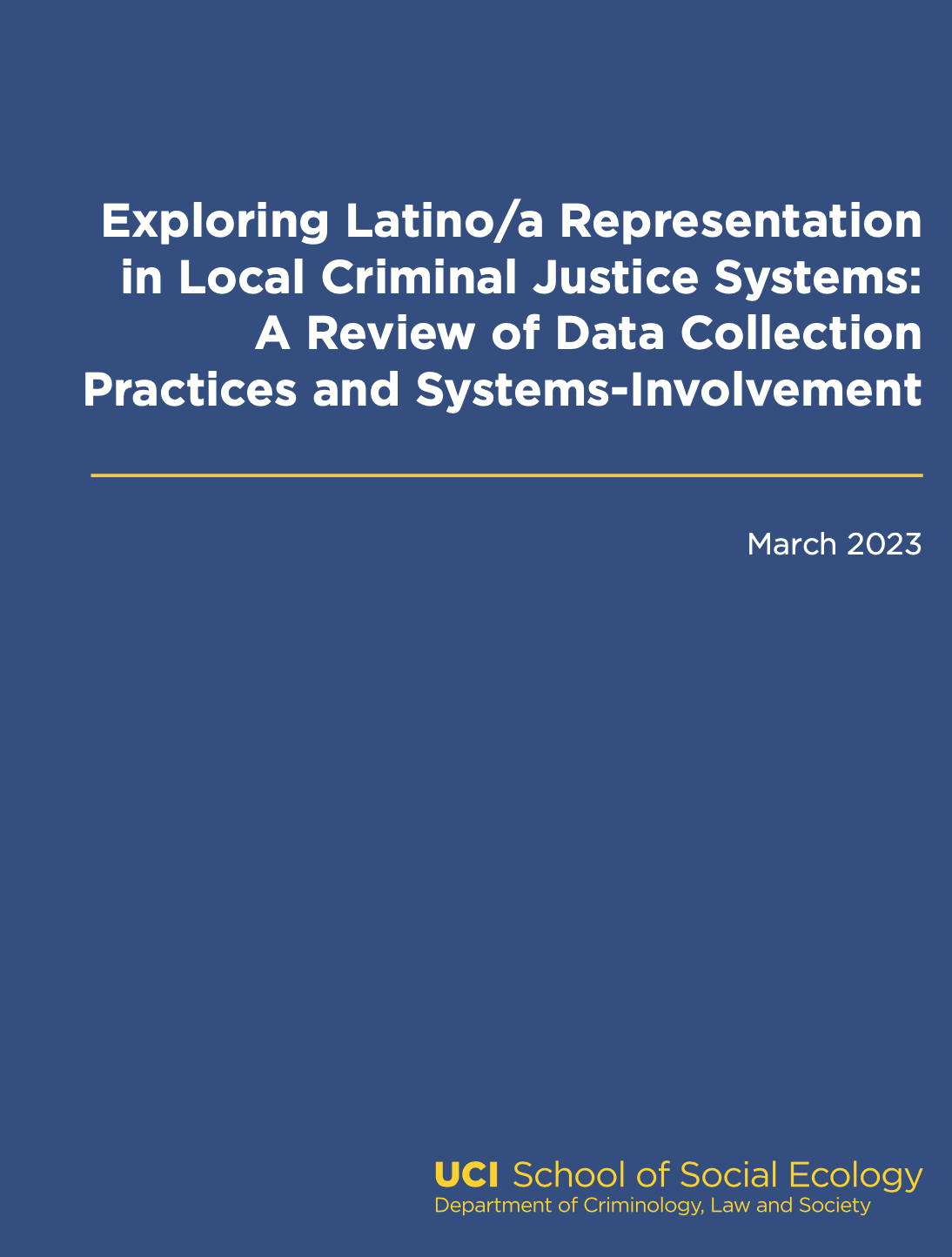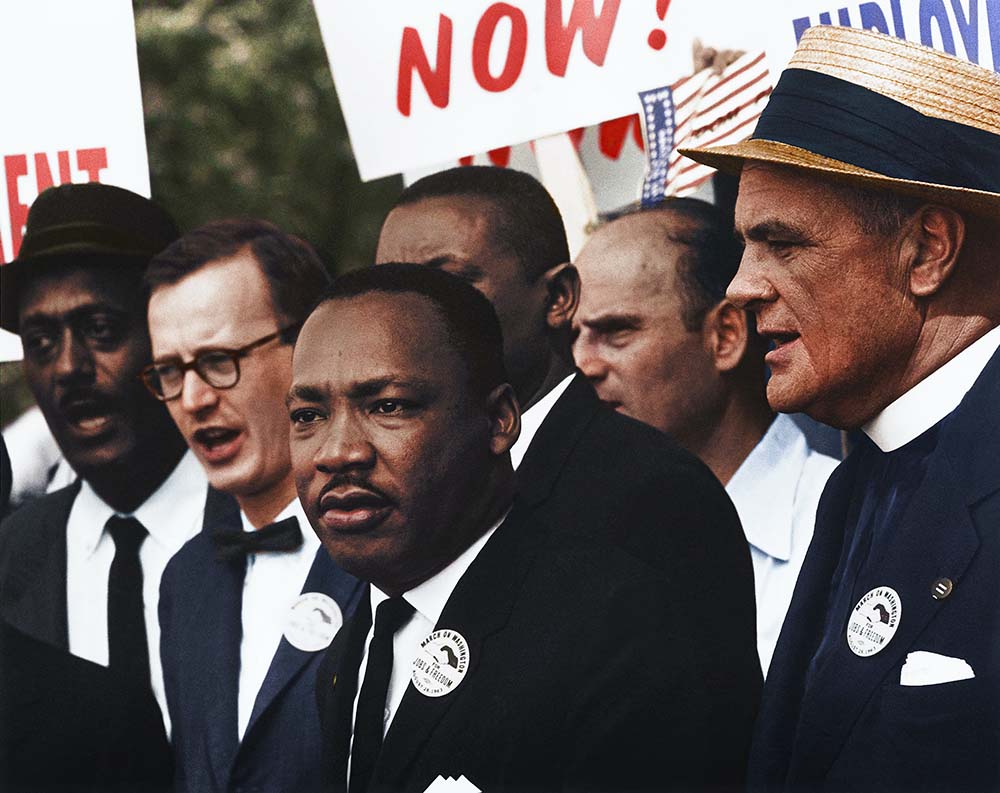Community Engagement Racial and Ethnic Disparities February 21, 2023
This past November, during our bi-annual Facing Race Conference, community organizer Sendolo Diaminah–Co-Director and Founder of the Carolina Federation–made the following statement: “We have power, we want more, and we want to be responsible with it and be accountable to an ethic.” This bold statement was shared to challenge the audience of 3,000 racial justice advocates to “release our fear of power”, while elevating the importance of “being responsible with power”.
We offer this in the spirit of deep reflection this Black History month. We at Race Forward and the Government Alliance on Race and Equity (GARE) believe in the audacious dream of a multi-racial democracy. We envision a world without prisons, and one in which people of color thrive with power and purpose. But we have a long way to go.
In GARE, we support a network of over 400 city, state, regional jurisdictions, and state departments committed to advancing racial equity. And as we know, the work to advance racial equity requires disrupting and shifting power to the people most harmed and impacted by systemic racism. Within the John D. and Catherine T. MacArthur Foundation’s Safety and Justice Challenge (SJC) community, this often means letting go, making space, and centering the expertise of system-impacted people and frontline staff, while investing in infrastructure for community-led government accountability.
On the heels of Black History Month, our team will be hosting the SJC Racial Equity Cohort sites–Cook County, Pima County, Philadelphia, and New Orleans–in Montgomery, Alabama, on the Indigenous land of the Muscogee people, as the first of a three-part Learning Exchange Retreat series. We are gathering there to hold space, build solidarity, and deepen our collective learning about our history of colonization, genocide, enslavement, and mass incarceration, in order to support the Focused Racial Equity Cohort Sites’ work in that social, historical, and political analysis.
We will be joined by community leaders, people who have been harmed by the justice system, and government leaders seeking to make change from the inside. Preparing for this event reminds us of the generational trauma of our people, and the impact of that trauma today. But we do not want to use this platform to focus on trauma. Instead, let us center generational resilience.
Generational resilience lives in every cell of our bodies. It surfaces when we cook, share a meal, listen to music, soak our feet, dance, laugh, and cry. While generational resilience is a personal experience, it is also a political expression. We are reminded of Shaun Ginwright, an author, activist, and professor in the Africana Studies Department at San Francisco State University, and his writing about this: “Healing centered engagement is explicitly political, rather than clinical,” he writes. “When people advocate for policies and opportunities that address causes of trauma, such as lack of access to mental health, these activities contribute to a sense of purpose, power and control over life situations.”
Earlier this month, we all witnessed Tyre Nichols killing at the hands of Memphis, Tennessee law enforcement as a result of being severely beaten and left uncared for. We, along with others across the country, grieve for Tyre’s family and his community which continues to recount how they have been terrorized by law enforcement. Public safety requires public trust; but the history of law enforcement was not built on trust, it was built on White supremacist “slave patrols” and a “law and order” paradigm that continues to haunt Black and Indigenous People of Color today.
Every day across the country, law enforcement agencies welcome a new cadre of officers who swear an oath not to a Governor, or a legislature, a Police Chief, Commissioner, or a political party, but to the United States Constitution. Yet, every year, thousands of Black and Indigenous People of Color lose their lives at the hands of law enforcement.
We cannot train or program our way out of this human rights crisis. We need to disrupt and shift power. What would it look like, and feel like, to shift power? To truly listen to and follow the leadership of the people most harmed by police brutality? To center our generational resilience? And in the words of Sendolo Diaminah, to “release our fear of power” while building our capacity to “be responsible with power”?








